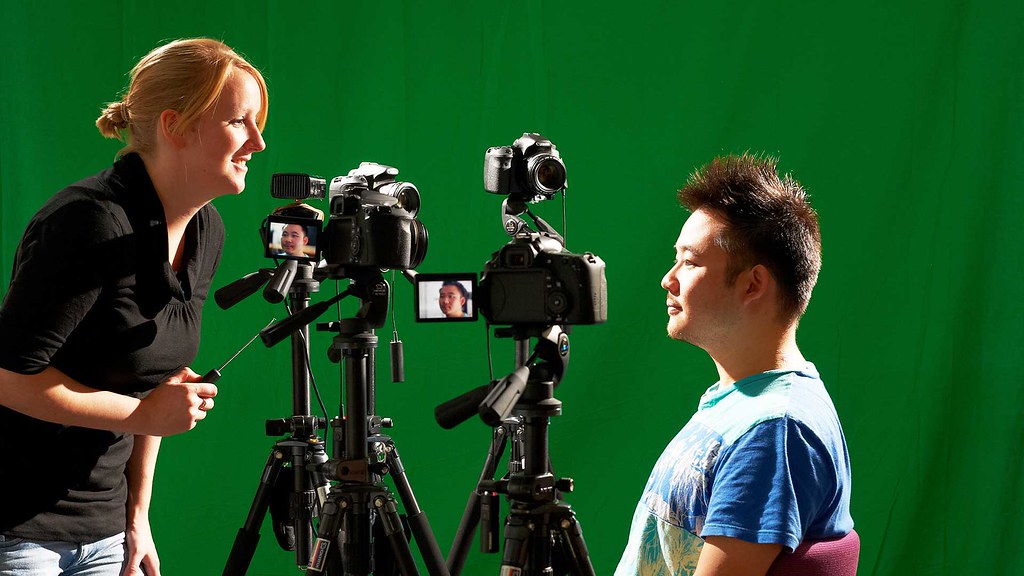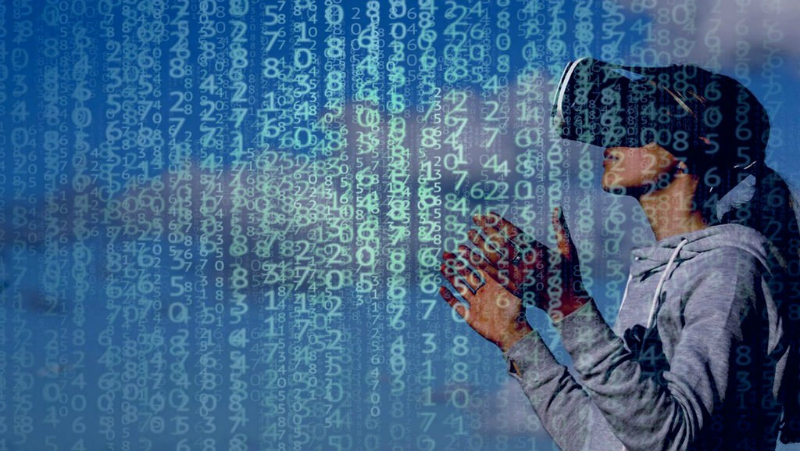Human-computer interaction group members
We study the relationship between people and technologies, in order to generate theory for the field and positive user experiences
Find out more about us.
We study the relationship between people and technologies, in order to generate theory for the field and positive user experiences
There are opportunities for postgraduate research in our group. Interested students can either contact academic staff directly or see our postgraduate research page.

Find out about our PhD degrees, funding opportunities and how you can apply.
Our research focuses on immersive, virtual and augmented reality technology, wearable and ubiquitous computing, fabrication of functional devices, and social computing. The group studies the relationship between people and technologies, in order to generate theory for the field and positive user experiences.
We have a long standing interest in issues related to understanding human tasks and activities, including collaboration, how these are influenced by technologies and the associated implications for the design of future interactive systems to support peoples interests and activities.

Our research includes:

Current research projects are concerned with such issues as:

Take a look at recent papers, articles and conference contributions from our staff and students on Bath research portal.